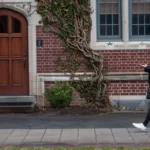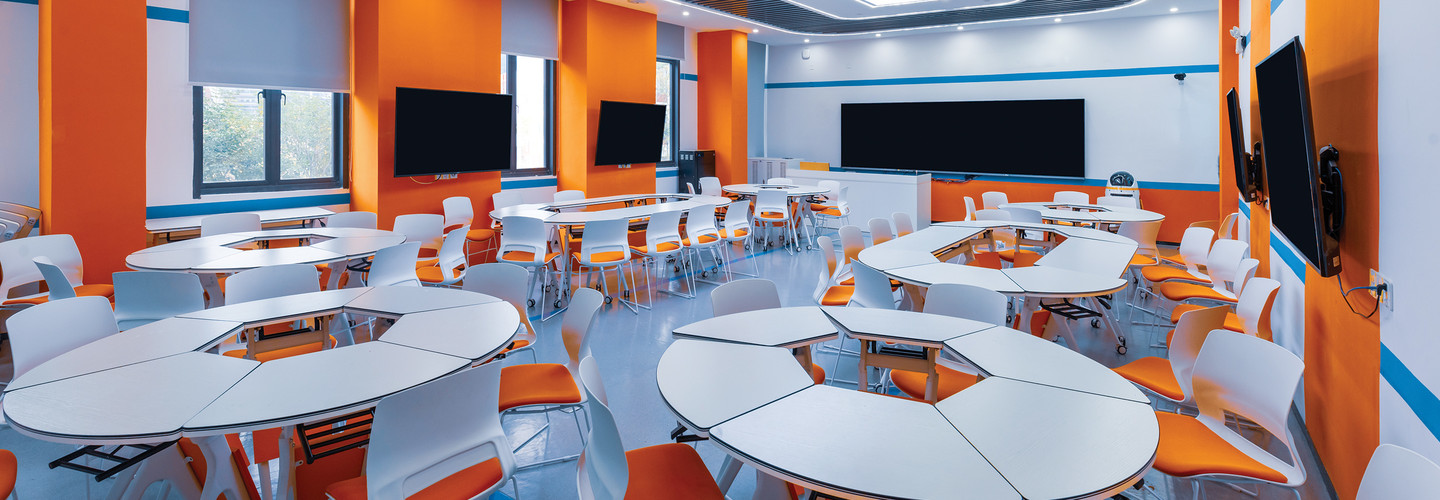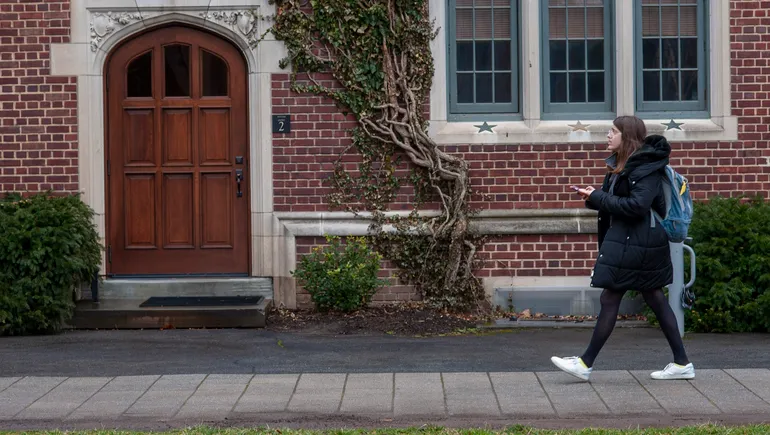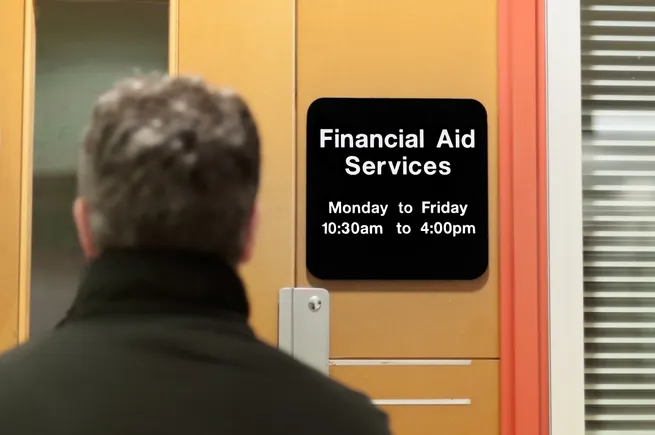A Few Well-Designed Tools Are Better Than Disjointed Solutions
Avery Knowles is a junior at the University of North Carolina Greensboro, majoring in finance and economics with a Spanish minor. Technology has been woven throughout her college experience, from online textbooks to learning management systems. The real measure of effectiveness, she says, is how well instructors share their knowledge with students. Sometimes, that means technology takes a back seat.
“Some teachers don’t use any technology. To me, those are the best classes because they’re teaching from their actual knowledge, what they know and what they did before becoming a professor,” she says.
In particular, Knowles says, she sees better results when instructors develop their own lectures and lesson plans rather than using prepared materials that accompany textbooks. When faculty relies too heavily on the latter, she says, classes are less engaging and less effective.
“If the teacher just reads off the slides that the textbook already made for them, it’s like anyone could teach that class,” she says.
READ MORE: Experiential learning in higher ed sets students up for career success.
Knowles advocates for a “less is more” philosophy regarding classroom technology. “Using one or two really good platforms and integrating them well together is better than having a bunch of random stuff,” she says.
Pelletier also stresses the importance of a high-quality user experience. Learning technologies hampered by poor interfaces, clunky integrations or insufficient connectivity present barriers both in the classroom and in learning management systems and other online tools.
“You have to pay attention to the details and remove the friction because it is distracting, and students will notice if it’s not done well,” Pelletier says.
Students Value Choice and Expect It from Their Institutions
EDUCAUSE research affirms the importance of choice as a critical element in student satisfaction. This idea appears in various forms in the “2023 Students and Technology Report: Flexibility, Choice and Equity in the Student Experience.”
According to EDUCAUSE’s survey, students in hybrid courses are happiest when they can choose whether to be in person or remote for different activities, says Senior Director of Research and Insights Mark McCormack. Students also prioritized what McCormack calls the “ethics of choice,” advocating for all students to have flexibility and autonomy in using the modes of engagement that work best for them.
McCormack notes that only 49% of students with learning disabilities were satisfied with their hybrid course experiences. However, when they could choose how to engage in various activities — online or in person — satisfaction jumped to 86%.
#Classroom #Technologies #College #Students










